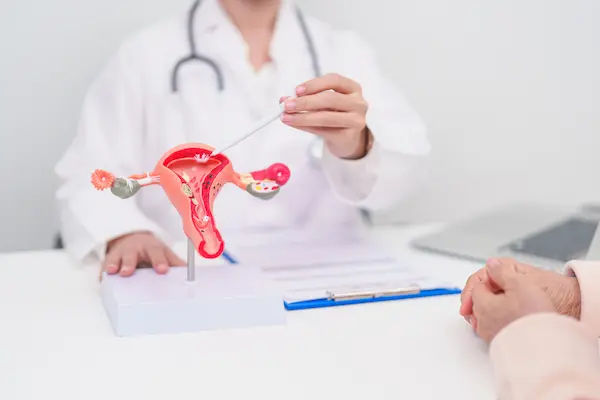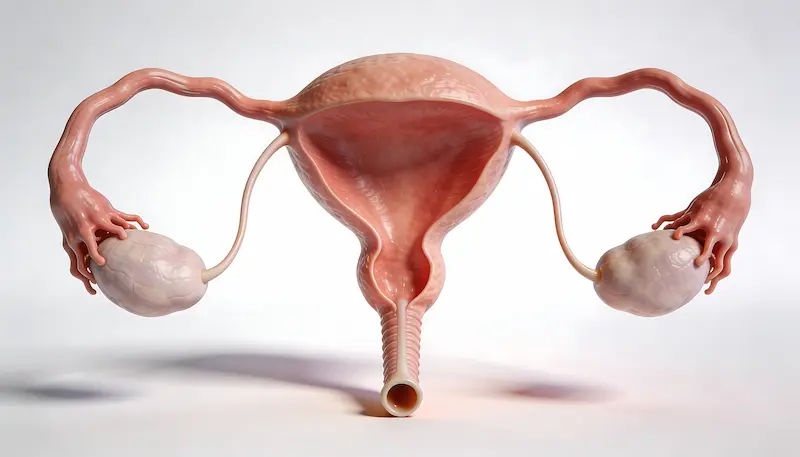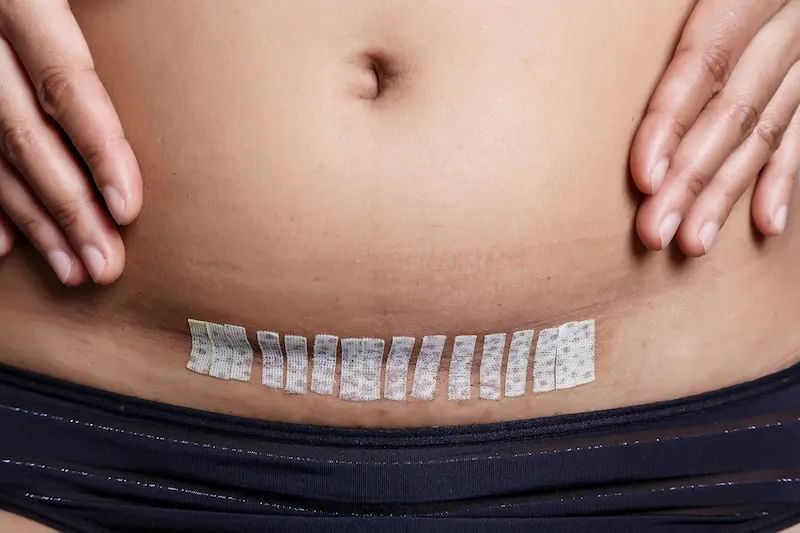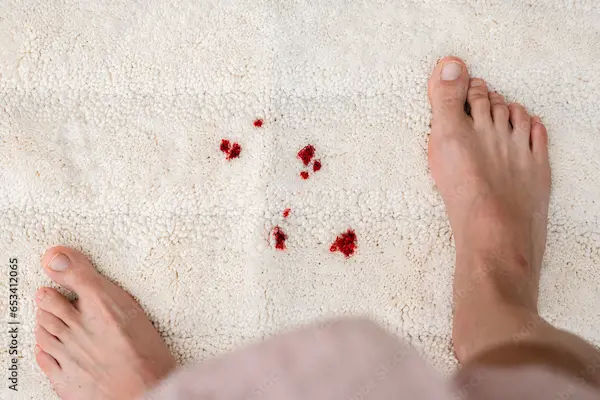What To Pack for Hospital Stay After Hysterectomy?
Discover what to pack for a hospital stay after a hysterectomy. This essential checklist ensures comfort, recovery support, and peace of mind during your post-surgery stay.


Introduction
Preparing for a hospital stay after a hysterectomy can feel overwhelming, but having the right essentials packed can make your recovery smoother and more comfortable. Whether you're undergoing an abdominal, laparoscopic, or vaginal hysterectomy, knowing what to bring will help you feel more at ease during your stay. This guide will walk you through the must-have items for your hospital bag, ensuring you have everything you need for a restful and stress-free recovery.
Why Packing the Right Items Matters?
A hysterectomy is a major surgery, and recovery requires rest and comfort. The right essentials can help:
Reduce stress and anxiety.
Keep you comfortable during your stay.
Make mobility and personal care easier.
Help you stay connected with loved ones.
Now, let’s dive into what you should pack!
Essential Items to Pack for Your Hospital Stay
Some of the essentials to pack for your hospital stay are:
1. Personal and Comfort Items
Loose, comfortable clothing: Pack loose-fitting pyjamas, nightgowns, or a robe. Avoid tight waistbands to prevent irritation near the incision site.
Non-slip socks or slippers: Helps with walking around the hospital room safely.
Pillow and blanket from home: Hospital bedding can be stiff; a soft pillow can improve comfort.
Earplugs and eye mask: Hospitals can be noisy, and these can help you sleep better.
2. Hygiene and Personal Care
Toothbrush, toothpaste, and mouthwash: Keeping up with oral hygiene is important.
Lip balm: Hospital air can be dry, leading to chapped lips.
Face wipes or gentle cleanser: Helps you freshen up if showering is difficult.
Deodorant, lotion, and dry shampoo: Staying fresh boosts morale.
Sanitary pads: Light bleeding or discharge is common post-surgery.
Hairbrush, hair ties, and headband: Keeps hair out of your face.
3. Medical and Recovery Essentials
Prescription medications (in original bottles): Inform your doctor about any medications you’re taking.
Pain relief items: Some hospitals provide pain meds, but check with your doctor.
Abdominal binder (if recommended by your doctor): Provides support to the surgical area.
Stool softeners or laxatives: Anaesthesia and pain meds can cause constipation.
4. Entertainment and Distractions
Books, magazines, or e-reader: Helps pass the time during recovery.
Phone, charger, and headphones: Stay connected with family and listen to music or podcasts.
5. Important Documents
ID, insurance card, and hospital forms: Essentials for admission.
List of emergency contacts: Keep it handy in case of any concerns.
Surgical consent forms (if provided in advance): Helps streamline the admission process.
Consult Top Specialists for Personalised Tips
What to Wear on the Day of Surgery?
Things to wear on the day of surgery are:
Loose, comfortable clothing: Easy to put back on after surgery.
Slip-on shoes: Avoid bending to tie shoelaces.
No jewellery or makeup: Hospitals usually require removal before surgery.
Tips for a Smooth Recovery After Hysterectomy
Tips for smooth recovery after the surgery are:
Follow your doctor’s instructions: Take medications as prescribed and avoid heavy lifting.
Stay hydrated and eat fibre-rich foods: Helps prevent constipation.
Move gently but regularly: Short walks can aid circulation and prevent blood clots.
Rest as much as needed: Your body needs time to heal.
When to Seek Help?
Call your doctor if you experience:
Heavy bleeding or foul-smelling discharge.
Severe pain not relieved by medication.
Fever, redness, or swelling at the incision site.
Difficulty breathing or chest pain.
Conclusion
Packing the right items for your hospital stay after a hysterectomy can make a big difference in your comfort and recovery. By preparing in advance, you can focus on healing without unnecessary stress. If you have any concerns about your upcoming surgery or recovery, don’t hesitate to consult your doctor. You can also book a consultation or schedule follow-up tests through Apollo 24|7 for expert guidance.
Consult Top Obstetrics and Gynaecology Surgeon
Consult Top Specialists for Personalised Tips

Dr. Srinka Mukherjee
Obstetrician and Gynaecologist
7 Years • MBBS, MS Obstetrics & Gynaecology
Kolkata
VDC Clinic, Kolkata

Dr. Smita Ghatak
Obstetrician and Gynaecologist
10 Years • MBBS, DGO, DNB Obstetrics & Gynaecology
New Town
Prime Diagnostic and Polyclinic, New Town

Dr. Mona Yadav
Obstetrician and Gynaecologist
19 Years • MBBS, MD (Obstetrics & Gynaecology)
Dombivli
Nulife multispeciality, Dombivli
Dr. Arti Sharma
Obstetrician and Gynaecologist
8 Years • MBBS, DNB(obstetrics and gynaecology)
Bengaluru
DIAGNOFY CLINIC, Bengaluru

Dr. Saheli Kapat
Obstetrician and Gynaecologist
11 Years • MBBS, DNB Obstetrics & Gynaecology,FMAS(Fellowship in Minimal access surgery)
Kolkata
MCR SUPER SPECIALITY POLY CLINIC & PATHOLOGY, Kolkata
Consult Top Obstetrics and Gynaecology Surgeon

Dr. Srinka Mukherjee
Obstetrician and Gynaecologist
7 Years • MBBS, MS Obstetrics & Gynaecology
Kolkata
VDC Clinic, Kolkata

Dr. Smita Ghatak
Obstetrician and Gynaecologist
10 Years • MBBS, DGO, DNB Obstetrics & Gynaecology
New Town
Prime Diagnostic and Polyclinic, New Town

Dr. Mona Yadav
Obstetrician and Gynaecologist
19 Years • MBBS, MD (Obstetrics & Gynaecology)
Dombivli
Nulife multispeciality, Dombivli
Dr. Arti Sharma
Obstetrician and Gynaecologist
8 Years • MBBS, DNB(obstetrics and gynaecology)
Bengaluru
DIAGNOFY CLINIC, Bengaluru

Dr. Saheli Kapat
Obstetrician and Gynaecologist
11 Years • MBBS, DNB Obstetrics & Gynaecology,FMAS(Fellowship in Minimal access surgery)
Kolkata
MCR SUPER SPECIALITY POLY CLINIC & PATHOLOGY, Kolkata




